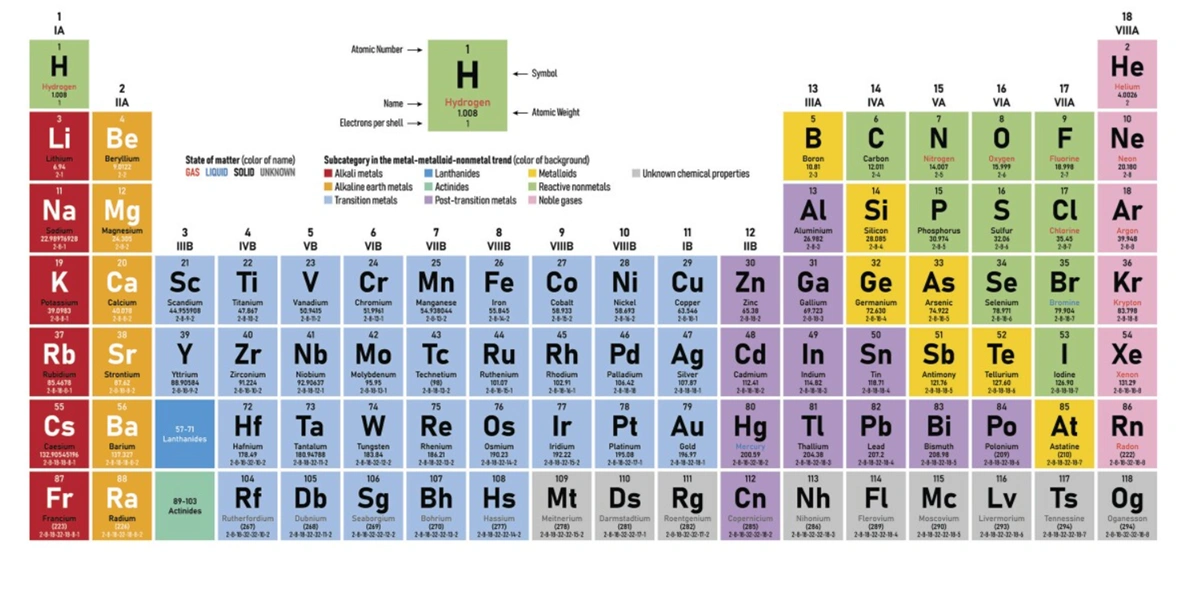The ultimate goal of natural science as a discipline is to describe and explain the structures, processes and development of all living organisms, along with their interactions in terms of utmost complexity. Also, knowing natural science makes a person smarter.
He will be able to analyze scientific approaches regarding nature, animals and humans. Regardless of whether you are a scientist or simply a curious individual, comprehending natural science widens your chances of appreciating the world more.
What is Natural Science?
Natural Science is classified as a branch of science that deals with the study of nature. This includes a whole spectrum such as physics, chemistry, biology, geology, as well as astronomy. These branches of science try to determine how, why and when certain occurrences happened in nature through observation, experimentation and analysis.
For instance:
- Physics investigates the properties of matter and the phenomenon resulting from matter’s interaction with energy.
- Biology investigates life forms and how they interrelate with most aspects of the environment.
- Astronomy focuses on space science and the universe.
Why It is More Important Than Ever
According to many, Natural Science is crucial to making our lives better. Let us take a few impact areas in it:
Environmental Protection
Natural science assists us in solving serious concerns such as climate change and loss of biodiversity through the help of disciplines such as ecology and meteorology. As an example, scientists investigate ecosystems to create ways to manage the exploitation of wildlife and other natural resources.
Human Health and well-being
Establishing life-saving medicines and vaccines has been made easy due to biology and chemistry that aid healthcare development. Effective disease management also understands organisms and their behaviour.
Key Disciplines of Natural Science
1. Physics
Physics is the study of matter, energy and how they interact with each other. This is helpful in explaining ordinary occurrences, such as the motions of objects and electricity in appliances.
2. Biology
Biology is the research of life at different levels, such as plants, animals, and humans. Its relevance is to increase the availability of biological diversity and enhance agriculture.
3. Chemistry
When it comes to Chemistry, the main focus is on chemicals and their developments and properties. It also plays an important role in the manufacturing of drugs, constructing materials, and photosynthesis, among others.
4. Geology
Geology is the study of the Earth, its components, processes, and development. Geology is useful in searching for the locations of natural resources. It helps in taking precautions to avoid or reduce the impact of natural calamities such as earthquakes.
5. Astronomy
Astronomy is the study of the universe as a whole. It enables us to know something about the history of the Earth and its solar system.
Impact on Human Beings
As people study natural science, the close relation of everything in nature becomes apparent to them. For instance, the water cycle displays the close relationship between evaporation, condensation, and precipitation processes.
Sometimes, looking at the star-filled sky or a volcanic eruption gives the impression of the beauty and energy of nature. This feeling indeed gives the correct perspective – to conserve this Earth for the generations to use.
Natural Science Now and In the Future
Natural science is not static. It develops with the growth of technology and the need for other critical factors around the globe. Natural science is also an area in the aeronautics, robotics, and environmental sciences that is sure to make an impact.
For example:
To fight climate change, scientists search for alternative energy sources, researchers are looking into the cosmos for resources and other life forms.
How to Foster a Love of Natural Science?
Natural science can be studied by everybody if approached properly. Here are some ideas:
- Reading: Movies, essays, and books that explore varied areas of science.
- Experimentation: Practical work in a class tends to break boredom and increase retention of information.
- Join Clubs or Groups: Come together with people who think alike for learning and sharing purposes.
- Museums or Nature Parks: These locations are very informative and motivating.
Natural science is more than an area of study; it is how to develop an appreciation of the beauty of nature around us, be it the basic laws of the universe or ways to save the planet. By engaging the desire to know and stoke a passion to find out more, natural science equips humans to respect and cherish our world.
Natural science is a captivating and intriguing field of study that every one of us should explore to have the basic knowledge.






